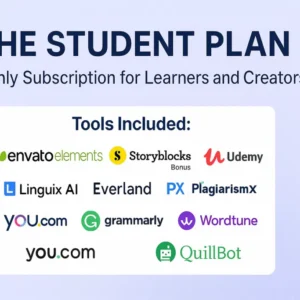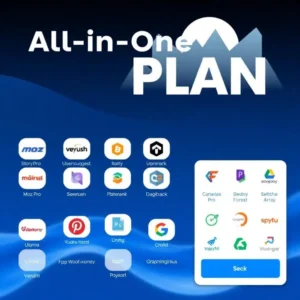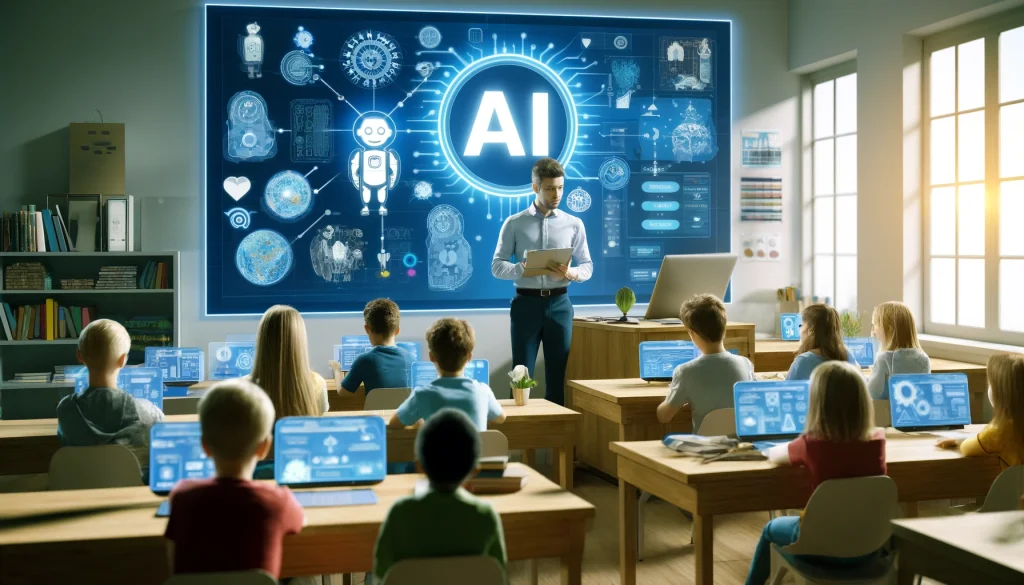
AI-Driven Learning Innovations is transforming the way education is delivered and experienced. By leveraging machine learning, data analytics, and automation, educators and learners alike are benefiting from unprecedented personalization, accessibility, and efficiency in education. In this article, we’ll explore the key trends and advancements in AI-driven educational tools, ethical considerations, and the future of learning.
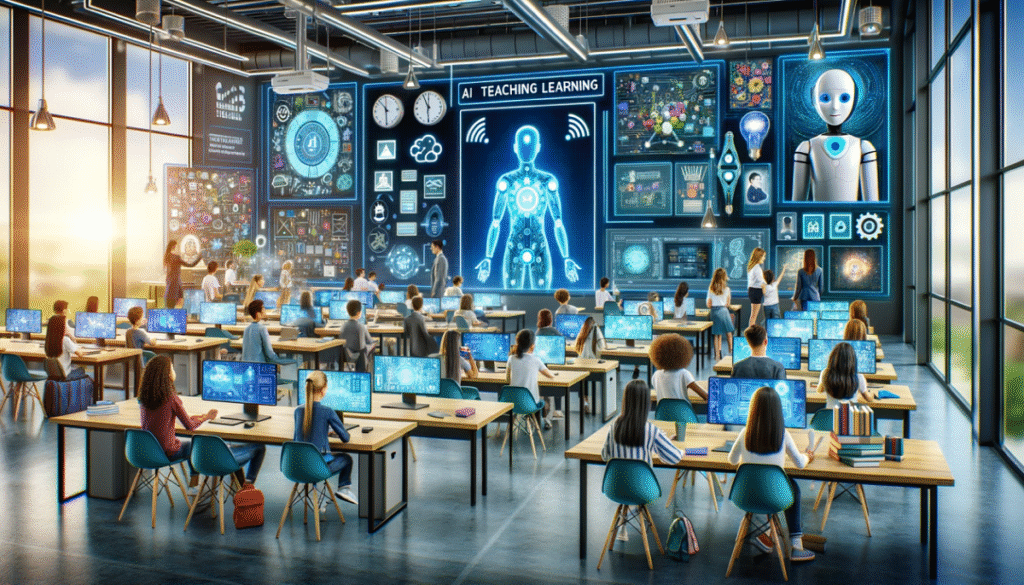
AI-Driven Innovations: Personalized Learning Experiences
One of the most significant benefits of AI in learning environments is personalization. AI systems analyze student performance, preferences, and learning styles to offer tailored lesson plans and feedback. For example, platforms like AI-driven adaptive learning systems allow students to progress at their own pace, identifying gaps in knowledge and providing targeted resources. This approach improves retention and engagement, particularly for students in hybrid or remote learning environments.
Enhanced Administrative Efficiency
AI isn’t just enhancing student experiences—it’s streamlining administrative tasks for educators. By automating grading, attendance tracking, and even generating reports, educators can focus more on teaching and mentoring. According to recent studies, integrating AI into routine administrative functions can save teachers up to 20% of their time, enabling a greater emphasis on personalized support for students.
AI-Driven Learning Innovations: Virtual Tutors
Virtual tutors, powered by natural language processing, are another leap forward. These systems assist students outside classroom hours, offering explanations, practice exercises, and even interactive lessons. For instance, the Republic of Korea’s Ministry of Education has introduced AI-powered digital textbooks that adapt to various proficiency levels, making learning more inclusive and equitable.
Global Accessibility and Inclusion
AI is also breaking down barriers to education. Tools like text-to-speech, automated translation, and AI-powered adaptive learning platforms are making education accessible to students with disabilities and those in underprivileged regions. UNICEF’s Accessible Digital Textbooks initiative uses AI to create resources that cater to diverse learning needs, enabling more inclusive classrooms worldwide.
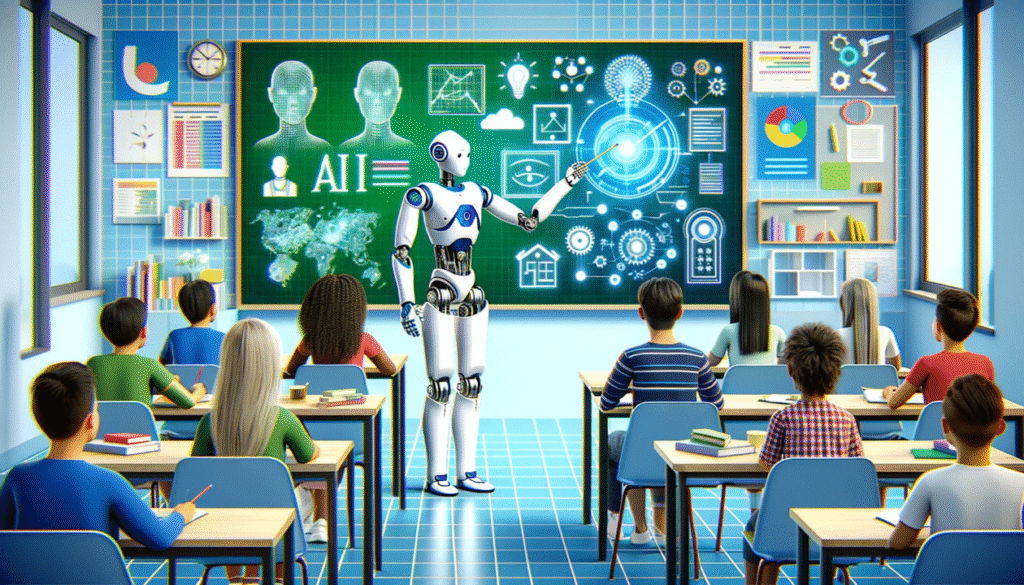
Emerging Technologies in Education
Virtual Reality (VR) Integration
AI is being paired with VR to create immersive learning environments. Universities like Arizona State University are utilizing VR labs for subjects like biology, offering a hands-on learning experience that’s more engaging than traditional methods. This combination allows students to interact with virtual ecosystems, experiments, and historical simulations, making education dynamic and interactive.
IoT and Smart Classrooms: AI-Driven Learning Innovations
The Internet of Things (IoT) is enhancing classroom infrastructure with smart sensors and connected devices. These innovations improve learning environments by automating lighting, tracking attendance, and ensuring that classroom resources are used efficiently. For instance, IoT-connected projectors enable seamless interaction between online and offline students in hybrid setups.
Ethical and Privacy Considerations
While the integration of AI in education is promising, it comes with challenges. Data privacy, algorithmic bias, and equitable access are critical issues. Ensuring that AI systems respect privacy and serve all demographics fairly requires careful policy-making and robust security protocols. Ethical guidelines must be developed to address these concerns, fostering trust and transparency in AI tools.
AI-Driven Learning Innovations: Future Prospects
The future of AI in learning extends beyond classrooms. From corporate training programs to lifelong learning platforms, AI is making education more adaptable and relevant. As technology continues to evolve, collaboration between educators, policymakers, and tech companies will be crucial in ensuring that AI enhances, rather than disrupts, educational systems.
By embracing AI responsibly, we can create a world where learning is not just efficient but also inspiring and accessible to all. For further insights on related technologies and innovations, check out the latest articles at ScopeTrends and Zyneph. Explore how these tools can empower educators and students alike on platforms like MagForums.

